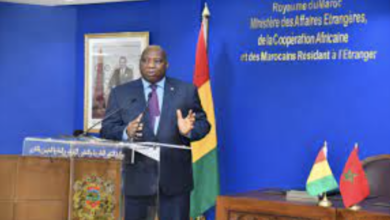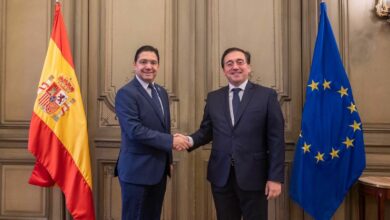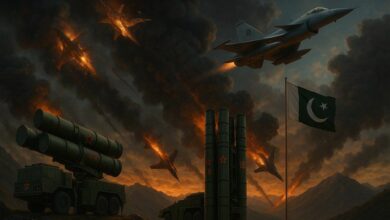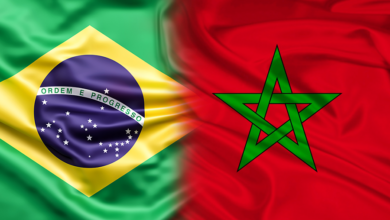Moroccan Sahara: Ongoing Gains for Morocco Thanks to Effective Royal Diplomacy
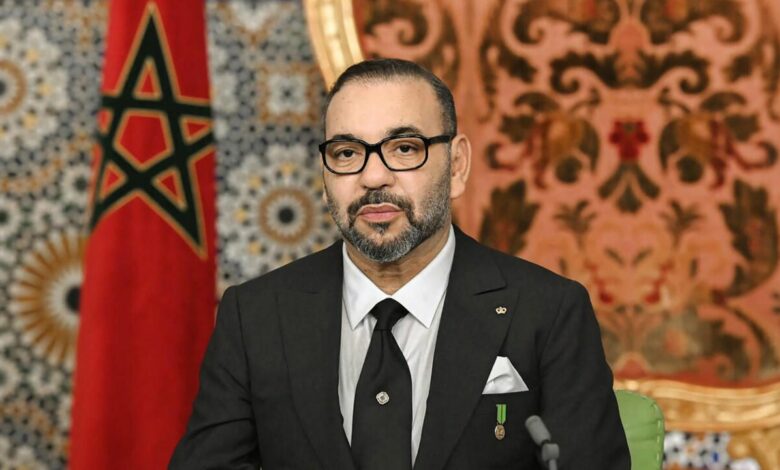
ALDAR/ Analysis
Since 1975, the issue of the Moroccan Sahara has been a focal point for challenging political and diplomatic confrontations at various levels. During that period, with the agreements that led to the recovery of the Sakia El Hamra from Spanish colonization, the territory of the Oued Ed-Dahab was ceded to Mauritania, marking a turning point in the history of the conflict. At that time, Morocco faced significant international pressure, with 84 countries recognizing the so-called “Sahrawi Arab Democratic Republic,” while the United Nations Security Council supported the idea of a referendum for self-determination as the only solution to the ongoing dispute.
However, the years following this period saw major transformations on both the regional and international levels. The international community began to realize that the realistic and practical solution was Morocco’s autonomy initiative, which gained increasing support from major countries, including the United States and Russia, both of which explicitly supported Morocco’s sovereignty over its Sahara. This support was not limited to diplomatic statements, but was also translated into tangible actions on the ground.
Today, there is a notable shift in international positions, with 113 countries now supporting Morocco’s autonomy initiative. This expansion of international recognition reflects the strength of Morocco’s position in the face of its adversaries. Furthermore, the cities of Laayoune and Dakhla have seen the opening of 29 consulates from sister and friendly countries, reinforcing the global legitimacy of Morocco’s Sahara and showing the commitment of these countries to their unwavering support for a peaceful solution to the issue.
Despite these significant gains, some still attempt to downplay these achievements, citing secondary events such as Morocco’s failure to secure the position of Deputy Chairperson of the African Union Commission. However, these attempts do not reflect the reality of the strategic path Morocco is following to reinforce its sovereignty over its Sahara. The Kingdom has succeeded in consolidating its international standing and demonstrated remarkable ability to make progress in both its foreign and domestic policies, in a time when the international situation has become increasingly interactive with its case.
Domestically, Morocco is implementing major developmental projects in the southern regions, reflecting its commitment to developing these areas and strengthening their social and economic stability. These projects include improving infrastructure, creating job opportunities, and supporting vital sectors such as education and healthcare, making the southern regions a living example of sustainable development in the region.
The issue of the Moroccan Sahara remains more than just a regional conflict; it is a matter based on historical and geographical facts and continues to face new challenges in international politics. With continuous diplomatic gains and large-scale development projects, Morocco continues to achieve significant successes on all fronts, affirming that its sovereignty over its Sahara will remain an irreversible matter.

